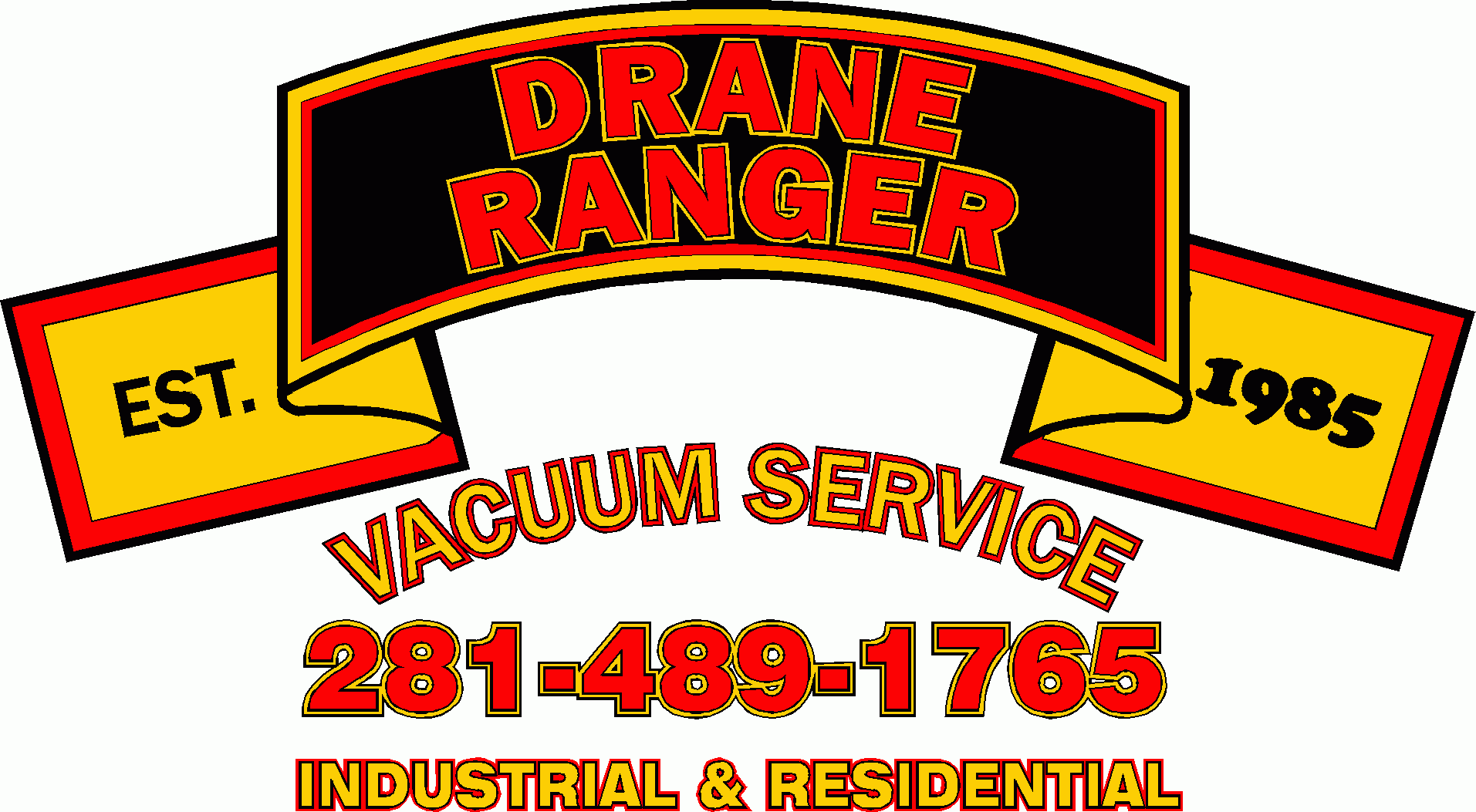According to Houston city laws, commercial grease traps must be emptied and cleaned every three months. Drane Ranger makes it easy for you to stay up with your cleanings, so your business can stay compliant with local regulations. As the Houston grease trap cleaning experts, we’re happy to take care of this dirty job so your business can continue to run smoothly.
Why are grease traps important?
Grease traps are the unsung heroes of commercial kitchens. They store all the fats, oils and grease a business produces, keeping these harmful contaminants from entering the sewer system and, later, the area’s water supply.
Grease traps play a key role in preventing sewer pipes from becoming clogged. Fats, oils and grease are sticky and can cling to the sides of pipes, preventing proper flow of water. Clogged pipes aren’t just an inconvenience for your life, but they can also pose serious public health issues—that’s why Houston regulations require grease trap cleaning every three months, but some businesses need it more often depending on the volume of waste they produce.
How do grease traps work?
Most food service businesses have a grease trap that’s connected to all kitchen drains. The grease trap separates fats, oils and grease from wastewater. When grease enters the trap, it floats to the top and is manually removed by grease trap cleaning professionals, like the experts at Drane Ranger.
As your grease trap service providers, we remove all grease and oils, disposing of them in an environmentally friendly way for your complete peace of mind. By keeping up with regular grease trap maintenance and cleanings, you’re not just preventing unwanted odors and costly sewage backups from interrupting the flow of your business, but you’re also doing your part for the environment.
How to know when you need grease trap cleaning
Since Houston regulations mandate how grease traps are cleaned, you should always invest in cleaning services from a licensed and experienced service provider. While businesses need to clean their grease traps every 3 months according to local regulations, there are times when more frequent cleaning is required. How do you know when you should invest in a cleaning? Some of the key signs to look for include:
- Poor drainage. Noticing your drains running slowly? The culprit might be your grease trap. Whenever you notice your sinks aren’t draining as they should, call your grease trap service professionals at Drane Ranger for maintenance.
- Bad odors. Unpleasant smells can take a toll on the success of any business, especially those in the food service industry. If you can’t determine the source of the odor inside your business, your grease trap may be too full. An overfull trap can leak foul odors as the fats, oils and grease decompose inside. Invest in a cleaning and get bad odors gone for good!
- Grease at inappropriate total liquid depth. For health and safety reasons, the EPA has mandated cleaning of grease traps when grease is 25% or more of the total liquid depth. If grease is at this level or higher, invest in a professional cleaning immediately.
- Grease in unexpected places. Seeing grease in your sinks or other places where it shouldn’t be? This is a sure sign your grease trap is clogged, and you need to invest in a professional cleaning as soon as possible.
Keeping up with commercial grease trap maintenance saves you time, money and hassle. With over 30 years of commercial grease trap cleaning experience, Drane Ranger is the team you want on your side for efficient, responsible cleaning. Reach out to the pros at Drane Ranger today to schedule your grease trap cleaning and to learn more about our full range of services.
Service Area: We provide grease trap cleaning and maintenance service in the following cities and counties in Texas:
Cities: Houston, Alvin, League City, Manvel, Rosharon, Angleton, Friendswood, Pearland, Sugar Land, Texas City
Counties: Harris County, Fort Bend County, Montgomery County, Brazoria County, Galveston County
Zip Codes: All zip codes in 100 miles from Houston
